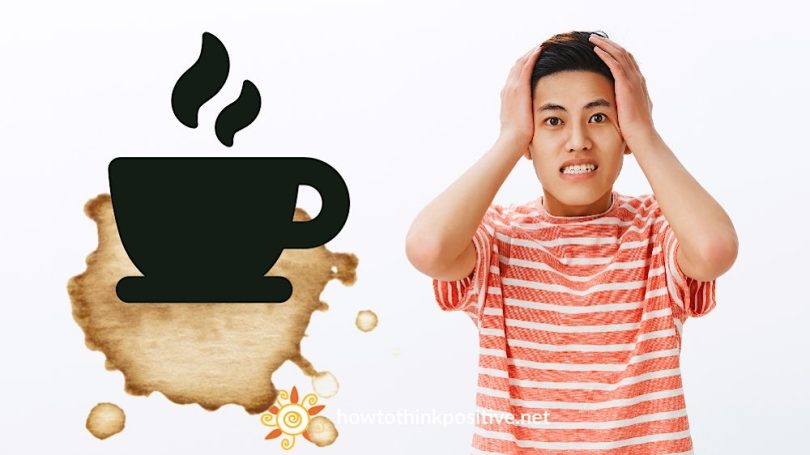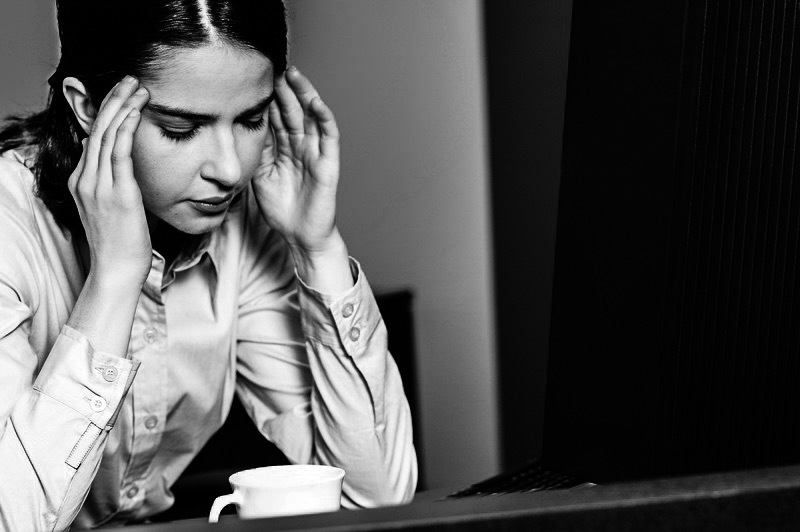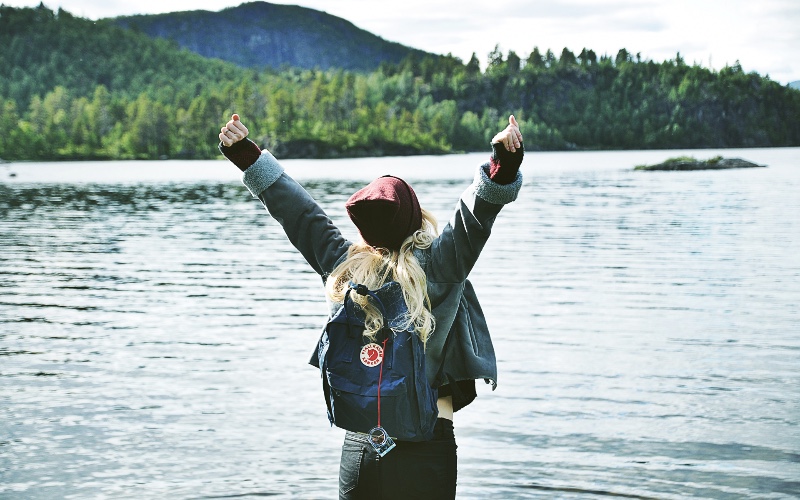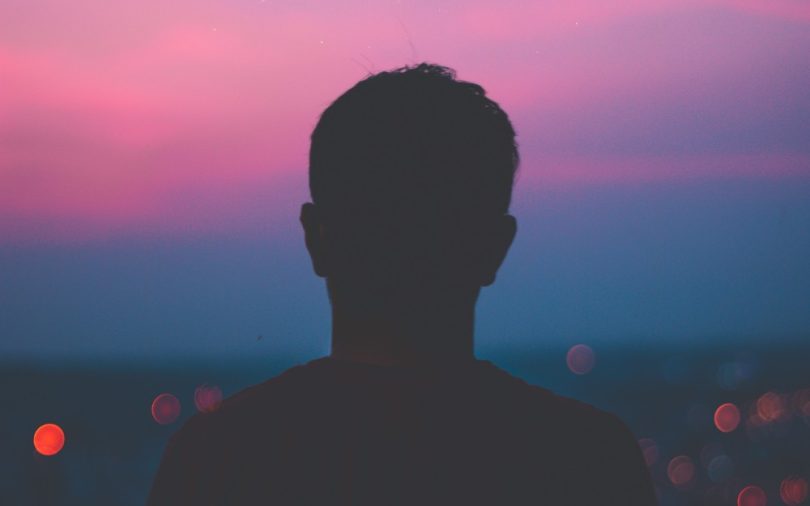We have already scratched the surface of the potentially negative effects that caffeine can have on your anxiety. There is a correlation between the amount of caffeine consumed and an increase in the severity of anxiety. Because your metabolism and your overall make-up are likely unique to you, the issue may manifest itself in a way that is very obvious to you, or it may not have much of an impact on you at all.
However, given that caffeine is a stimulant, it stands to reason that consuming it could make the already intense feelings of restlessness and agitation that you are experiencing even worse. Continue reading to find out more information about the possible connection between the jitters you experience and the coffee you drink in the morning. After that, you’ll have the option of cutting back on your drinking.
Caffeine’s stimulating effects have the potential to make even the most composed person feel jittery, anxious, or shaky. This is especially the case if you are not accustomed to taking it in this form. Drinking excessive amounts of caffeinated beverages and other stimulants like these could actually cause you to have a panic attack, particularly if you already have an anxiety disorder or are predisposed to experiencing the emotion.
This substance excites your central nervous system, which in turn speeds up functions within your body such as your metabolism. It’s possible that you were unaware that caffeine actually blocks the effects of a chemical in your brain called adenosine, which slows down the activity of your nerve cells and causes you to feel sleepy. That’s how the stimulating effects of caffeine work in your body.
Caffeine can make some people very sensitive to its effects. An anxious person can be thrown into a tailspin by the typical, insignificant increase in heart rate that some people feel after consuming a little bit of caffeine. If you drink coffee or eat chocolate and notice that it causes you to feel jittery, get headaches, experience intense fear, or have any other similar negative sensation, you should try cutting it out of your diet and see what the results are.
Be aware that it’s possible that the withdrawal symptoms you experience will seem even more severe than they did before. You should make an effort to wait them out and pay close attention to whether or not your anxiety decreases as time passes. This has the potential to be a game-changer for the rest of your life.
In order to avoid withdrawal symptoms, it is best to wean yourself off of caffeine gradually rather than quitting all at once. Keep a journal in which you record how you feel each day as the substance leaves your system. When you notice signs that things are getting better, these notes can serve as a source of motivation for you.
Continue moving forward until you have gone at least a week without consuming any caffeine. After that, continue to steer clear of it while keeping an eye on your anxiety levels. Depending on how sensitive your body is to the substance, the results of this experiment should provide you with a lot of insight about that sensitivity.
It’s possible that in the near future, you’ll come to realize that giving up your go-to caffeinated beverages and treats is well worth the tradeoff of feeling calmer and more at ease. After you start to feel better, there is a good chance that you will even start to miss it. The reward of reducing your anxiety is unquestionably commensurate with the effort required to achieve it.
Want to get notified on new content?
Get email updates when new posts and articles are available.
» Yes! Sign me up for free updates.







